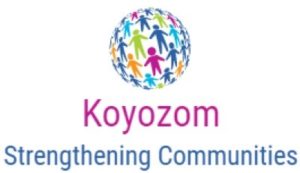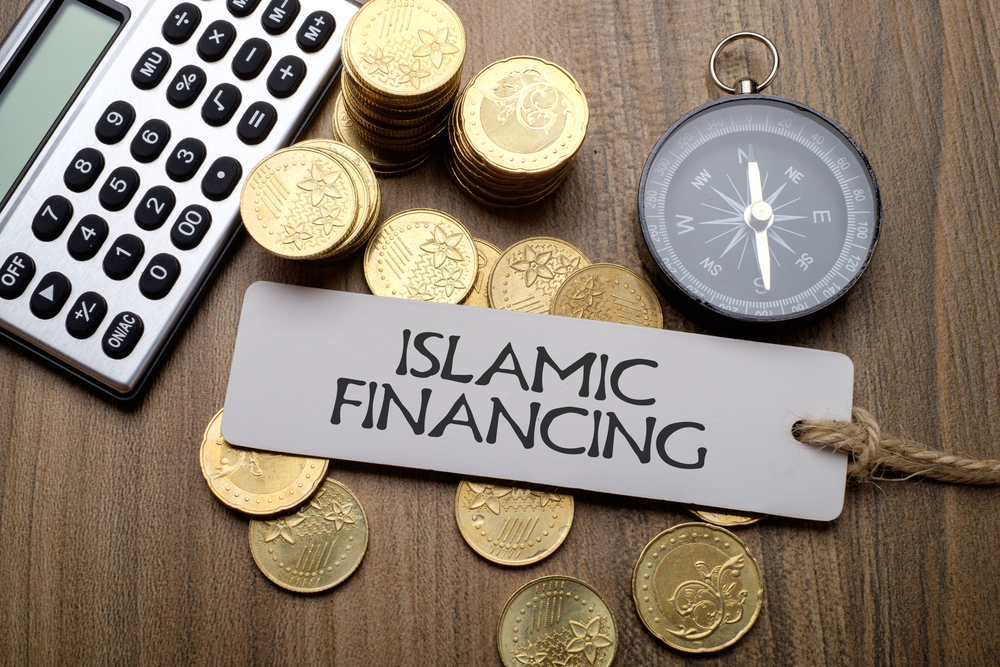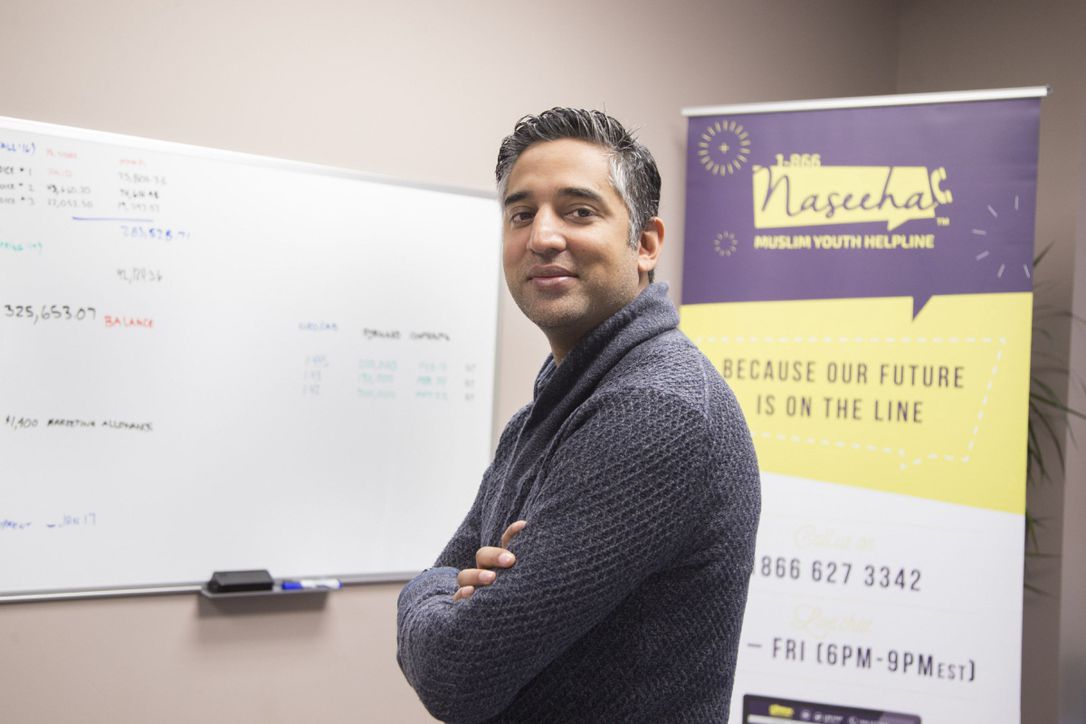A recent report from Pew Research Center called ‘The Future of The Global Muslim Population’ estimates that, by 2030, there will be about 2.7 million Muslims living in Canada, and they will make up approximately 6.6% of the population. Currently, Muslims make up about 2.8% of the country’s population and is the fastest growing component of the population. Moreover, the study shows that relative to the total population, the number of Muslim consumers is growing faster in Canada than in the US.
Islamic finance and more broadly, the Islamic economy, are markets whose consumers and needs should be addressed particularly in Canada. A strong business case other than its strategic location to the US, Asia, Europe, and the MENA region can be made for Canada, relative to its Western counterparts, to play a vital role in creating the first North American Islamic Finance hub. This includes and is not limited to: Canada’s competitiveness; which is currently ranked 14th out of 137 countries1. Canada is also 18th among 190 world economies for ease of doing business2, and lastly, when it comes to macroeconomic fundamentals Canada is one of only two countries in the G-7 to enjoy a triple-A credit rating3.
The primary opportunity for Islamic asset management is global and many of Canada’s asset managers have looked abroad for these opportunities even though domestic demand is quite strong. According to Thomson Reuters Lipper, and fund reports, as of the end of 2014, the total Islamic fund assets under management in Canada was US$240 million. This was represented by US$18 million in equity funds and the remainder in bullion (commodity) funds. There is clearly an opportunity for the creation of funds that represent asset classes outside of commodities and resources.
Furthermore, If we look to our neighbors south of the border, where most of the Islamic finance assets resides – US$3,632 million — are in equity funds where only 2.2% are invested in non-equity-based funds. A lack of fixed income type products such as Sukuk funds, Money Market Funds, Islamic Mortgage Funds as well as Real Property (Non-REIT) funds emphasizes the ongoing and ever-growing demand for such asset classes not only to balance out risk and volatility but to provide diversification within a client’s portfolio.
According to data collected by Manzil — a private Islamic Investment firm – the average Canadian Muslim household income is US$124,571 with average investible assets of approximately US$160,851. Knowing this, it could be projected that there is over CAD$10 billion in asset management opportunity from this demographic alone.
Saturna Capital, a US based fund manager that manages the Amana Funds which are deemed to be Shariah compliant and socially responsible, has approximately US$4 billion in AUM. It has been estimated that between 60% and 70% of the funds they manage come from non-Muslim investors driven primarily by the fund’s performance and the fact that there is a focus Socially Responsible Investment Strategies. To this, we turn our attention to a recent (2016) report published by the Global Sustainable Investment Alliance which stated that since 2014, assets being professionally managed under responsible investment strategies has hit US$22.89 trillion; an increase of 25%. In relative terms, this represents 26% of all professionally managed assets globally. The report continued to state that the largest three regions, in terms of assets, were Europe, US and Canada respectively. Specifically, there was a 49% year over year increase with a 22% Compound Annual Growth Rate (CAGR) — to US$1.09 trillion in assets managed in Canada using one or more of the responsible investment strategies. In relative terms, these assets represent 37.8% of the total managed assets.
A specific sustainable sector that is quite the attraction can be found in agriculture. Canada is the 5th largest agricultural exporter in the world, and the agriculture and agri-food industry employs 2.3 million Canadians or 1 in 8 jobs. The agriculture and agri-food industry contribute over US$110 billion annually to Canada’s gross domestic product (GDP) — more than the national GDP of 2/3 of the world’s countries. It produces about 75% of the world’s maple syrup and is the world’s largest producers and exporters of flaxseed, canola, pulses, oats, and durum wheat.
Canada is ripe for the opportunity to present itself as a Vanguard for Islamic finance in North America. Its population, strategic location, sound banking system, macro and micro economic factors along with its ambitious infrastructure development agenda, provides an environment rich in investment opportunities for Shariah compliant investors given the asset-backed or asset-based requirements of Islamic finance. Moreover, its financial regulatory regime has been proven to be compatible with many Islamic finance activities.




























